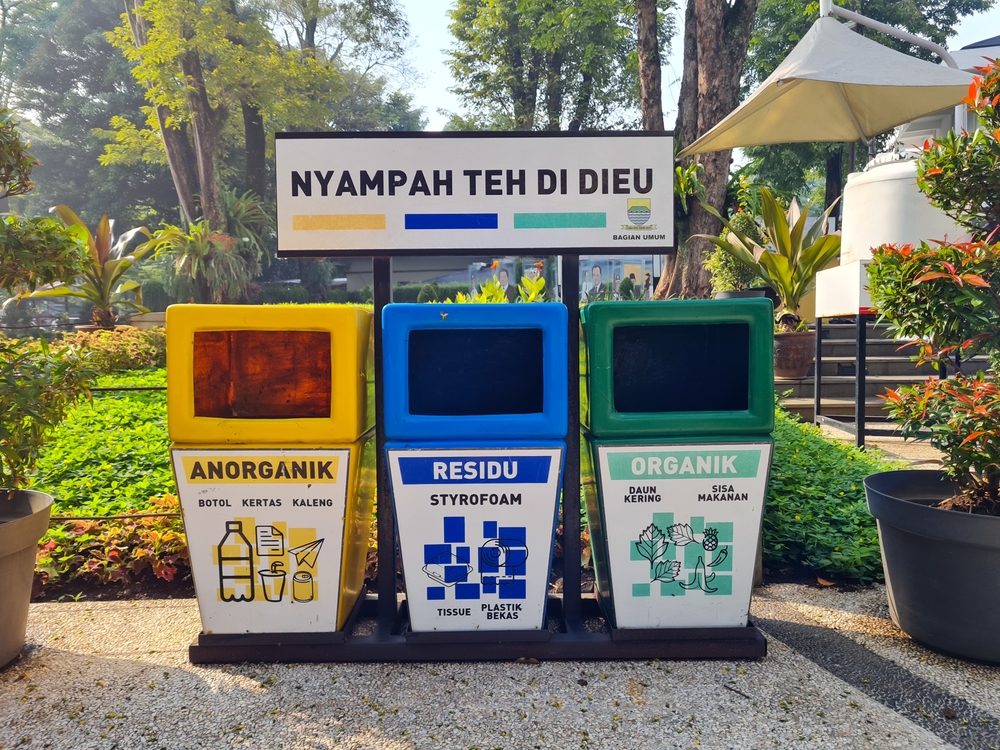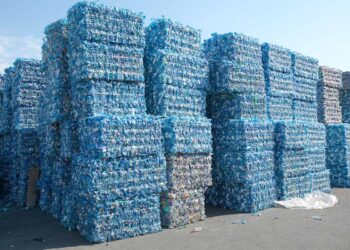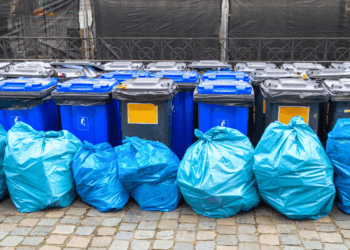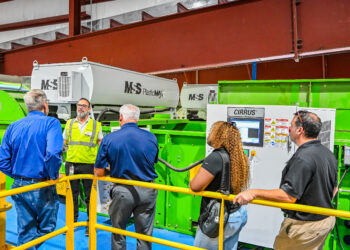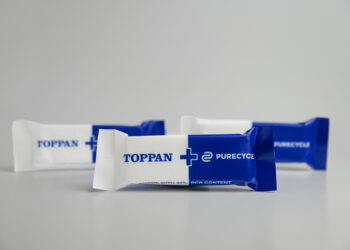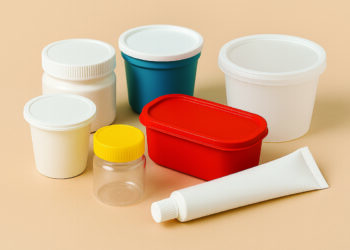Plastics Recycling Update
Women in Circularity: Casey Plasker
In this series, we spotlight women moving us toward a circular economy. Today, we meet Casey Plasker of Circularly.
Trex CEO to retire after 23-year run
The company named COO Adam Zambanini to succeed retiring Bryan Fairbanks.
Evergreen closing RPET plants in Ohio, New York
The Ohio-based company attributed the closure to the unexpected actions of a lender even as Evergreen was in talks with...
Arizona, Reynolds reach settlement on Hefty bag lawsuit
Arizona reached a settlement with Reynolds Consumer Products requiring the company to overhaul packaging nationwide.
Economic downturn forces LyondellBasell to trim sustainability goals
The company has cut its 2030 sustainability goals, looking to balance ambitious environmental targets with near-term achievability.
WM opens new $90m MRF in south Florida
The new facility is expected to process the most volume of recyclables in the hauler's MRF network.
Minnesota publishes prelim EPR assessment
The report will inform recommendations featured in the next report to develop the state's EPR program for packaging.
PureCycle, Toppan partner on recycled PP films
Next the companies will target thermoforming applications where brand owners are seeking recycled content solutions to comply with upcoming mandates.
State policy is redefining plastics recycling in the US
This year marks the midpoint of a decade defined by major shifts in plastics and recycling policy. Here’s what to...
Recycling vs. format: Policies push packaging beyond its comfort zone
Small format items’ recyclability is not determined by the resin alone but by the capabilities of the MRF that receives...












